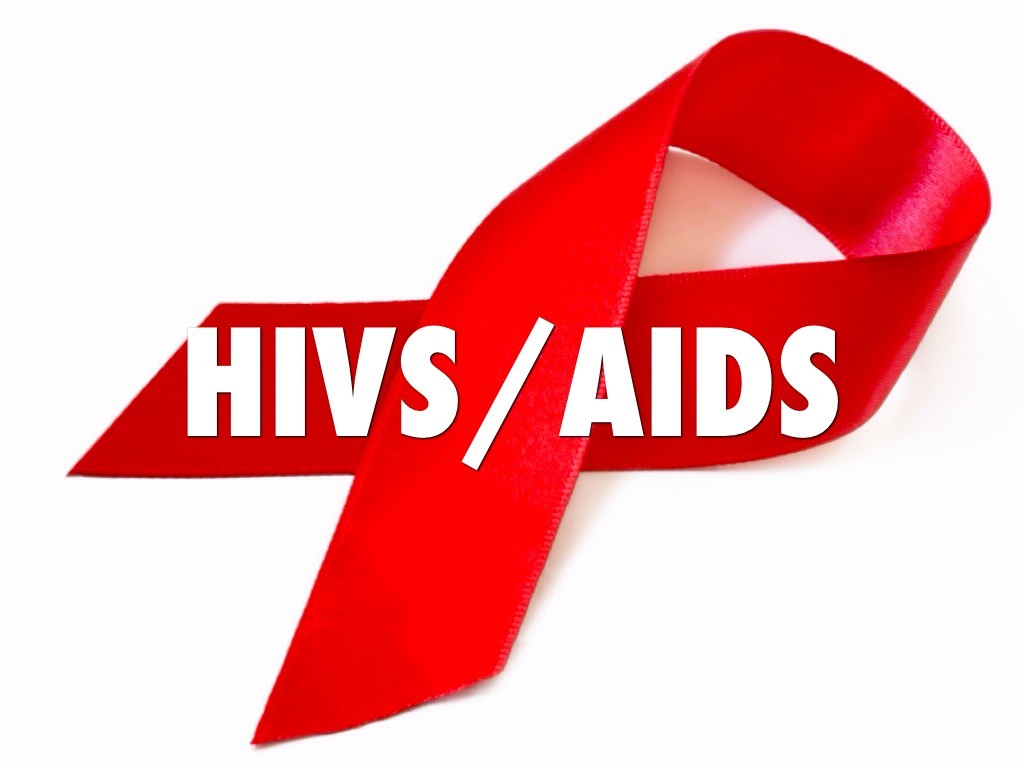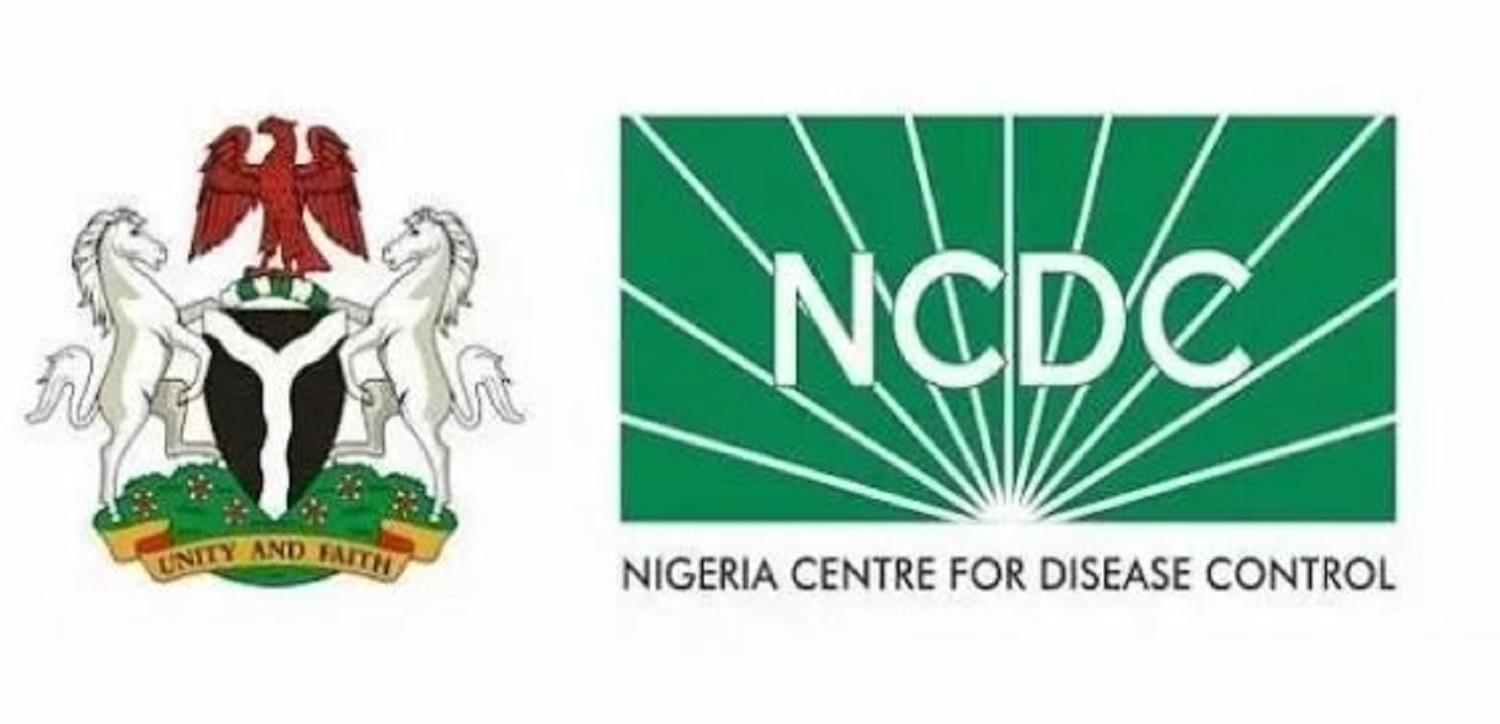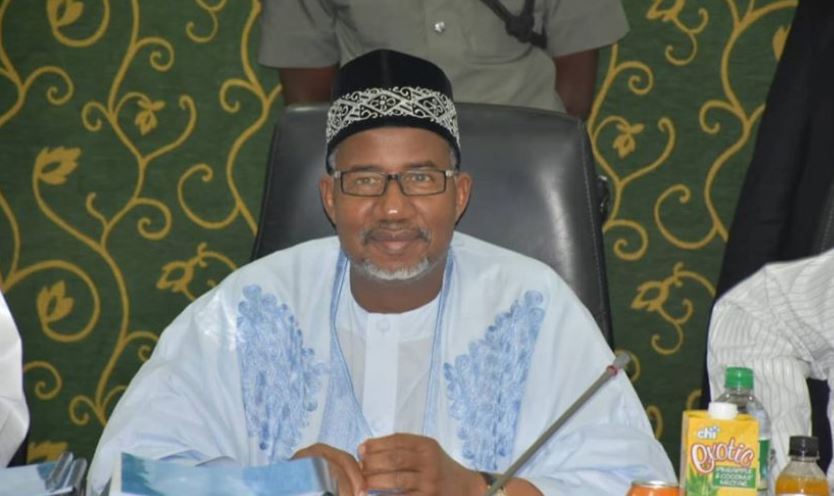Health
Paediatrician Explains why Some Babies Cry at Night

The issue of babies crying at night which makes parents sleepless has been worrisome to many people, especially when the baby is the first. reports said that many parents have to be awake and continue to device different means to keep babies calm, while thinking of why the infant cries or what he or she wants.
This is because, some babies cry at night and sleep during the day, leaving parents and family members tired and wondering what the problem is, with some thinking that the baby has pains on the umbilical cord or having stomach ache, among others. Mrs Fatima Umar, a businesswoman and mother of two living in Abuja, said whenever she was due for delivery, her major worry was the sleepless nights because both her children cried nonstop every night from birth up until three months. She said “sometimes I used to wonder if my baby is seeing something that I don’t see that is making him cry so much.“ When I had my second baby, I even took him to our chief Imam to pray for him because I didn’t understand why he would continue to cry once it was 2 a.m. till around 4.30 a.m. or 5 a.m.“ My neighbour kept assuring me that he would stop and I just endured and got used to it and as soon as he was three months, the crying stopped and we could sleep throughout the night.” Umar, who said she still could not understand why some babies cry at night, added that “without any medication, they would stop when the time comes. However, what is it that makes them cry so much that does not need medication?,” she asked. Mrs Amaka Njoku, a civil servant and mother of five who also lives in Abuja, said all her children cried at night and she got used to it and just needed to put the things she needed for the sleepless nights. Njoku said that when she had her first daughter, there was a day she took her to the clinic near her house twice at night when she couldn’t endure the crying but the nurses examined her and said nothing was wrong with her. She added that when she told her female colleagues, many said they experienced same and advised her to just make the baby comfortable and wait for when the crying would stop. However, Dr Eziechila Ressie, a Consultant Paediatrician with the Federal Medical Centre, Jabi, Abuja, says newborn babies often cry at night because of the air they swallow alongside breast milk. She told NAN on Sunday in Abuja that night cries by babies of between one month and three months had been the commonest complains by mothers, adding that “it is common especially among new or first time mothers.” According to her, one of the reasons babies cry at night is because they are able to take in a lot of milk and they are aggressive in their feeding.“ And they are not able to coordinate the swallowing of breast milk and swallowing of air; they breath in and swallow at the same time and have the problem of swallowing a whole lot of food alongside air,” she said She explained that the air the baby swallowed usually did not get absorbed into their system. She added that “because the baby’s intestine is narrow as the air passes, it dilates and cause pain because of the volume of milk and air they consumed and they experience a lot of colic.” She said that some babies have pain more than others. She also explained that babies cry more at night because during the day when mothers feed them, they carry them until they belch.“ They put them on the shoulder and make them belch but at night the mothers are tired as nobody has the time to hold the baby for that long.“Infact, some mothers feed their babies while laying down and as they feed, the mothers are sleeping and nobody has time to keep the baby up for long time to belch.“ So, all the gas that the baby swallowed while feeding must go down the intestine, causing dilation.” She stated that the problem most children had at night was because the mothers don’t make the air escape through the mouth. She said “around three months of age, the pain subsides very significantly and this happens because babies are able to manage the pain, secondly they are able to coordinate swallowing milk and air.“ So, they suck in less air compared to initial time and again, we teach mothers breastfeeding technique by ensuring a large portion of the areola is into the babies mouth.” Meanwhile, Mrs Akueshi Uchechi, a Senior Nursing Officer at FMC Jabi, Abuja, said that often when babies cried, parents should find out what happened by checking the diaper. According to her, it is important to change baby’s diaper often and when the baby continues to cry, then feed. She advised mothers to sleep when babies were sleeping, adding that a new mother would usually need help so as not to enter into postpartum depression.(NAN)Health
Expert Advocates For Elimination of Mother-to-Child Transmission of HIV Through HIV Self Testing.

From Attah Ede, Makurdi
Eliminating mother-to-child transmission of HIV in Nigeria is an achievable goal, but it requires innovative approaches that can address the unique barriers faced by women in underserved communities.
An expert on health related matters, Dr Godwin Emmanuel stated while interacting with newsmen as part of activities commemorating the just concluded World Aids Day in Makurdi, the Benue State capital.
Dr.
Emmanuel who is the Managing Partner/Impact Officer of MOZUK Future Solutions Limited, stated that the World AIDS Day have come and gone, yet Nigeria government must not fail to examine some of the gaps that must be urgently bridged as a nation.He explained that each year, thousands of children are born with HIV, largely due to inadequate access to testing and treatment during pregnancy, disclosing that the Joint United Nations Programme on HIV/AIDS (UNAIDS) estimates that Nigeria contributes about 22% of global paediatric HIV cases which indicates the urgent need for innovative approaches to curb MTCT.
“This brings me to a recent study in Lagos and Kano which demonstrated how HIV self-testing kits offer a practical, effective, and scalable solution to our MTCT challenges.
“The study interrogates an initiative seeking to integrate HIV Self-Test (HIVST) kits into TBA services as part of a broader strategy to eliminate MTCT.
“The intervention targeted underserved communities where healthcare access is limited, leveraging the trust and accessibility of TBAs to distribute self-testing kits and provide essential counselling”.
According to him, the study, led by Dr. Toriola Adebayo of Lagos State University Teaching Hospital and Dr. Usman Bashir of Aminu Kano Teaching Hospital, articulated the role of local expertise in advancing healthcare solutions tailored to community needs.
“In this intervention, 182 TBA clinics across three local government areas (LGAs) in Lagos and Kano States were equipped with HIVST kits. TBAs received extensive training on the administration of the tests, pre- and post-test counselling, and linkage to care for those who tested positive.
“Among the 1,982 pregnant women enrolled in the study, pre-intervention testing rates were markedly low, with just 60% in Lagos and 38% in Kano having ever been tested for HIV. After the introduction of HIVST, testing uptake surged, with all participants voluntarily using the kits during antenatal visits.
“The results were promising:
HIV Positivity Rate: An overall positivity rate of 0.8% was recorded, with slightly higher rates in Lagos (1.1%) compared to Kano (0.8%).
“First-Time Testers: Remarkably, 80% of those who tested positive were undergoing HIV testing for the first time.
Linkage to Care: All HIV-positive individuals were successfully linked to ART services, demonstrating the effectiveness of the TBA-led model in bridging gaps in healthcare access.
“The success of this initiative exemplifies how HIVST can become a cornerstone of affirmative action against paediatric HIV infections, which was also a critical focus of World AIDS Day observances.
“As evidenced by the success of the Lagos and Kano initiative, when confidentiality, stigma reduction, and leveraging trusted community figures like TBAs are prioritised, HIVST has the potential to transform PMTCT efforts across Nigeria.
“This is even more so with sustained investment, community buy-in, and political will. This can move us closer to a future where no child is born with HIV and every mother has the opportunity to live a healthy, fulfilling life”, Dr. Emmanuel alluded.
He further revealed that HIV self-testing kits offer a simple, private, and effective means of determining one’s HIV status, adding that the kits allow individuals to test themselves using a saliva sample or a small drop of blood, with results available in minutes.
Highlighting the importance, the health, said the convenience and confidentiality of this method are particularly appealing to those who might avoid traditional testing due to stigma or fear of disclosure.
He stated that the fear of being judged or ostracised often prevents pregnant women from seeking HIV testing, stressing that HIVST kits allow individuals to test in the comfort of their homes or a private setting, without fear of disclosure. This is particularly crucial for pregnant women, who may face compounded stigma if diagnosed with HIV.
“Increased Testing Uptake as demonstrated shown the intervention in Lagos and Kano demonstrates that when provided with confidential and convenient testing options, more women are willing to know their HIV status. Early diagnosis is key to initiating ART, which can reduce the risk of MTCT to less than 1%.
Health
NAFDAC Supports Herbal Medicine, says Must go Through Clinical Trials

Prof. Mojisola Adeyeye, the Director-General, National Agency for Food and Drug Administration and Control (NAFDAC), says she supports herbal medicine production in the country.
She said this on a Forum in Abuja.
She, however, explained that for NAFDAC to accommodate herbal medicine as part of its regulated products, such herbal preparation must go through clinical trials.
She disclosed that the major challenge to herbal medicine practitioners is how to secure resources to finance clinical trial for their products, which she said cost a lot of money because it is a major aspect in medicine.
She added that “I believe in natural medicine, I was brought up with it, like the Agbo that we were taking and it was working.
“Herbal medicine or natural medicine work, before I came back home from the United States, I started a research on natural medicine for the cure of sickle cell, my niece who is a sickler got on it and her episodes decreased by 70 to 80 per cent.”
She explained that the agency gives approval for natural medicines once proven it is not toxic, and they have been used and tested before.
“We approve them for two years and then they can renew if they do clinical trial because it is something we are not used to in Nigeria.
“China supports many of these herbal practitioners.”
The director-general also spoke about using fruits and vegetables as medicine to cure some illnesses, adding that some of these fruits contain antioxidants that prevent cancer. (NAN)
Health
NCDC Calms Fears over XEC COVID-19 Variant, Urges Continued Vigilance

The Nigeria Centre for Disease Control and Prevention (NCDC) has allayed public fears over the detection of the SARS-CoV-2 XEC subvariant globally.
The Director-General of the centre, Dr Jide Idris, did this in a public advisory issued on Saturday night in Abuja, made available to newsmen.
Idris reassured Nigerians that the variant, though identified in 29 countries, has not been detected in Nigeria.
He said that the XEC subvariant, a descendant of the Omicron JN.
1 lineage, was currently classified as a Variant Under Monitoring (VUM).According to him, this means that it is being closely observed for potential concerns but does not yet pose significant risk.
“The XEC sub-variant has been reported in Europe, Asia, North America, and Africa, with Botswana being the only African country to record cases so far.
“While the sub-variant exhibits higher transmissibility, there is no evidence of increased disease severity,” he said.
The NCDC boss said that Nigeria had been monitoring the JN.1 variant, classified as a Variant of Interest (VOI), which has been present in the country since January.
He assured Nigerians that the National COVID-19 Technical Working Group was conducting continuous surveillance and data analysis.
Additionally, he said that a dynamic risk assessment was being organised to strengthen the country’s preparedness and response capabilities.
He urged health facilities nationwide to ramp up COVID-19 testing and forward positive samples to accredited laboratories for genomic sequencing.
He encouraged the public to maintain vigilance and adhere to basic health protocols, including handwashing, mask usage in crowded spaces, and ensuring proper ventilation indoors.
He advised vulnerable groups, such as the elderly and those with underlying health conditions, to remain cautious.
“COVID-19 remains a significant risk, particularly for the elderly, individuals undergoing cancer treatment, organ transplant recipients, and those with suppressed immune systems.
“We urge Nigerians to get vaccinated and receive booster doses as recommended,” he said.
The director-general also called on state governments to enhance public health infrastructure, provide resources for improved surveillance and diagnostics, and promote public health education.
He reaffirmed the agency’s commitment to providing Nigerians with accurate and timely information on the evolving COVID-19 situation globally.
He urged citizens to avoid misinformation and rely on verified updates from its platforms.
“For assistance, the public is encouraged to contact the NCDC via its toll-free number 6232 or, WhatsApp: 07087110839, Twitter: @NCDCGov and Facebook: @NCDCgov,” he said.
Report says that the XEC variant of COVID-19 is a recombinant strain, meaning it results from the combination of genetic material from two or more existing variants of the SARS-CoV-2 virus.
Recombinant variants can emerge when different strains infect the same individual and exchange genetic material during replication.
This process may lead to new variants with unique properties, such as increased transmissibility, virulence, or resistance to immunity.
While thousands of mutations have been tracked globally, only a few variants are monitored for public health significance.
Nigeria’s NCDC and global health organizations like the WHO continue genomic surveillance to monitor and respond to emerging variants.(NAN)


























